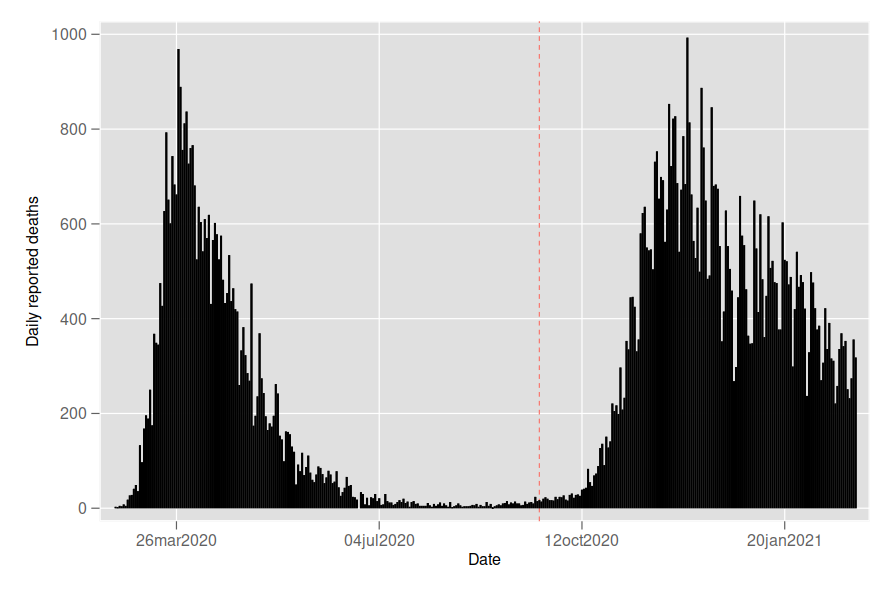
Published 2021-08-30
Keywords
- Covid-19,
- partisan bias,
- risk perception,
- 2020 Italian regional elections
How to Cite
Abstract
Research in political behavior shows that citizens update their past perceptions and future expectations over several phenomena depending on whether their favorite party wins or loses the elections. This bias is explained by different psychological mechanisms triggered by individuals’ attachment and trust in political parties. In this paper we investigate whether such a winner-loser effect conditions people’s concerns about the Covid-19 pandemic. We leverage the occurrence of regional elections in six Italian regions in September 2020, right at the onset of the second wave of the pandemic in the country, to test whether supporting a candidate who won/lost the elections affects (1) people’s fear to get sick with Covid-19, and (2) their expectation about the gravity of the upcoming second wave. Given that the public healthcare system in Italy is managed by the regions, we expect supporters of the losing candidate to lose trust in the region’s ability to deal with the pandemic, hence increasing their personal concerns. We test this expectation using pre-/post-election panel data, and employing respondents from the other regions who voted at a concurrent referendum as a placebo group. Our results show that, while overall concerns tend to decrease from the first to the second wave, for elections losers they remain unchanged. This indicates that losing an election, albeit second-order, can affect citizens’ outlook on future events in domains that are largely beyond political control.

